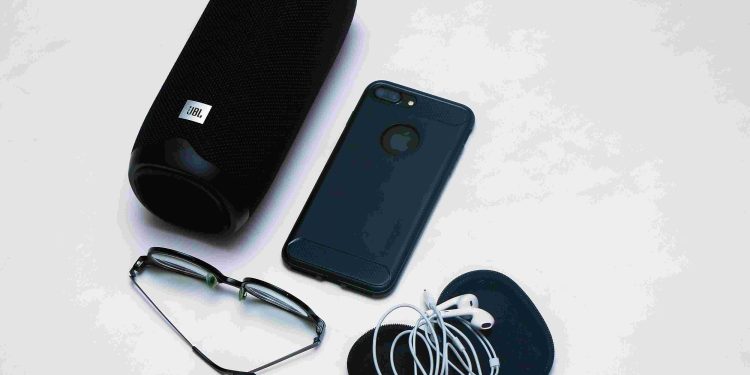Detailed Accessory Rating for Electronics

Opening with a Bold Assertion
The accessories you choose for your electronics are not mere add-ons; they are amplifiers of experience, productivity, and even your personal identity. What does your laptop bag say about your attention to detail? What does your choice of headphones convey about your priorities? These questions, once trivial, now dominate the landscape of consumer electronics.
A Personal Lens into Practicality
Years ago, I purchased a generic cellphone case, opting for cost over quality. Within weeks, the flimsy plastic cracked, leaving not only the case unusable but also exposing my phone to substantial risk. Lesson learned, I now approach accessories with the same scrutiny I reserve for the devices themselves.
What struck me was the interconnected role accessories play—not just as functional items but as psychological extensions of ourselves. In the same way that a meticulously chosen wristwatch can signify sophistication, a thoughtfully-selected laptop stand can enhance productivity and reaffirm one’s commitment to mindfulness in the workspace.
Challenging Conventional Wisdom
Why do we tend to view accessories as secondary to the primary device? Is it purely financial, or does it stem from a cultural undervaluing of “the small things”? Conventional wisdom dictates that you invest in the primary tool—be it a laptop, smartphone, or tablet—and economize on the peripherals. Yet this logic falls apart under scrutiny. A low-quality charging cable could damage an expensive device; a poorly designed keyboard could lead to chronic wrist pain.
Psychologist Barry Schwartz coined the term “the paradox of choice,” explaining how excessive options can overwhelm us. This concept applies heavily in choosing accessories: the sheer volume of products often blinds consumers to quality and relevance. To navigate such decisions more effectively, we must apply a cross-disciplinary approach that blends psychology, financial wisdom, and an eye for long-term impacts.
Cross-Disciplinary Insights on Technology and Trends
In the realm of electronics accessories, advancements in technology have spurred innovations that defy standard conventions. Consider the rise of modular charging systems that can simultaneously power multiple devices—or noise-canceling headphones adapted to environments ranging from offices to aircraft cabins. Such products don’t merely meet demands; they anticipate future needs.
Moreover, the business landscape signals that quality over quantity is becoming an emerging consumer demand. Accessories powered by sustainable materials or optimized for ergonomic health reflect growing societal concerns about environmental and physical well-being. Forward-thinking companies that align their products with these values are leading the charge.
Strategies for Optimizing Your Accessory Choices
How can you navigate this increasingly complex realm of electronic accessories? Below are some actionable tips:
-
Prioritize Quality Over Cost:
Invest in accessories that pass durability tests and hold certifications (e.g., MFi certification for Apple accessories). -
Match Functionality to Your Lifestyle:
Select headphones that cater to your environment—whether it’s for commuting, gaming, or professional calls. -
Seek Reviews and Expert Opinions:
Always consult a diverse range of product reviews before making a purchase. Expert insights often highlight overlooked features. -
Embrace Multi-Purpose Accessories:
Modular designs and products with adaptable features can save space and increase efficiency. -
Consider Sustainability:
Many companies now offer eco-friendly models built with recycled or biodegradable materials—supporting both your needs and global initiatives.
The Future and Your Role in Shaping It
As technology evolves, tomorrow’s accessories will be smarter. Expect power banks with biometrics, wearables that integrate mental health diagnostics, and even universal device mounts designed with AI-driven adaptability. But innovation alone doesn’t guarantee usability or societal benefit—it requires thoughtful consumer input.
Here’s where you come in: By maintaining critical thinking and self-education about evolving technologies, you not only become a wiser consumer but also contribute to driving the marketplace toward better standards. Reflect on the boundaries of your current choices and consider how you can inspire change, even if it’s as simple as advocating for quality and sustainability in your purchasing habits.









